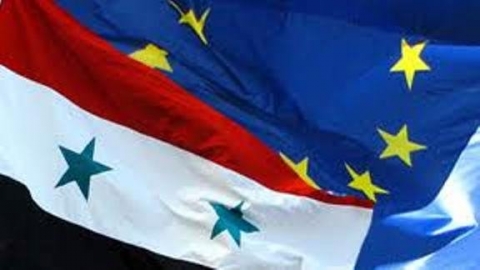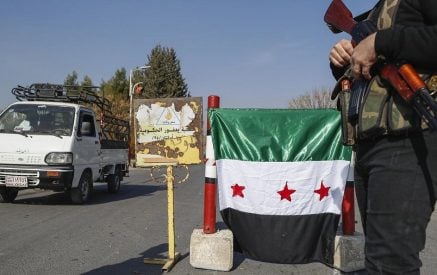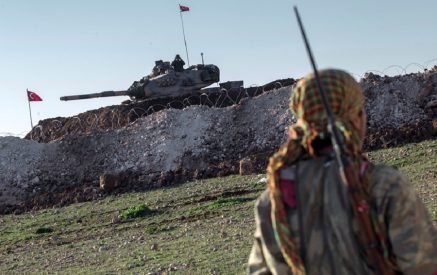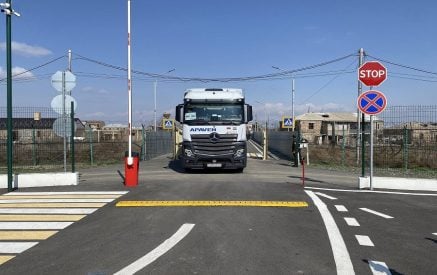The Council today extended EU restrictive measures against the Syrian regime for one additional year, until 1 June 2021. In line with the EU strategy on Syria, the EU decided to maintain its restrictive measures against the Syrian regime and its supporters, as the repression of the civilian population continues.
The Syrian people have had to draw on extraordinary reserves of resilience in the course of the conflict. The EU’s sanctions target those responsible for their suffering, members of the Syrian regime, their supporters and businesspersons who finance it and benefit from the war economy. The EU is determined to continue its support to the Syrian people and remains committed to use every tool at its disposal to push for a political solution to the conflict that would benefit all Syrians and put an end to the ongoing repression.
EU High Representative for Foreign Affairs and Security Policy Josep Borrell
The Council also removed from the list two persons and one company which halted their sanctionable behaviour, as well as two deceased persons. The list now includes 273 persons targeted by both an assets freeze and a travel ban, and 70 entities subject to an assets freeze.
Read also
Sanctions currently in place against Syria were introduced in 2011, in response to the violent repression by the Syrian regime of its civilian population. They also target companies and business people benefitting from their ties with the regime and the war economy. Restrictive measures also include a ban on the import of oil, restrictions on certain investments, a freeze of the assets of the Syrian central bank held in the EU, and export restrictions on equipment and technology that might be used for internal repression, as well as on equipment and technology for the monitoring or interception of internet or telephone communications.
As part of the EU’s targeted approach to the use of sanctions, Syria sanctions are designed to avoid impeding the supply of humanitarian assistance. Consequently, the export of food, medicines or medical equipment are not subject to EU sanctions, and a number of specific exceptions are foreseen for humanitarian purposes.
Background
The EU keeps developments in the Syrian conflict under constant review and can always decide to renew sanctions and amend the list of targeted entities or persons.
The EU remains committed to finding a lasting and credible political solution to the conflict in Syria on the basis of the UN Security Council resolution 2254 and of the 2012 Geneva Communiqué.
- Syria: Council response to the crisis
- EU Delegation to Syria
- Factsheet: The EU and the crisis in Syria
- Factsheet: EU sanctions on the situation in Syria
- EU Strategy for Syria
European Union























































